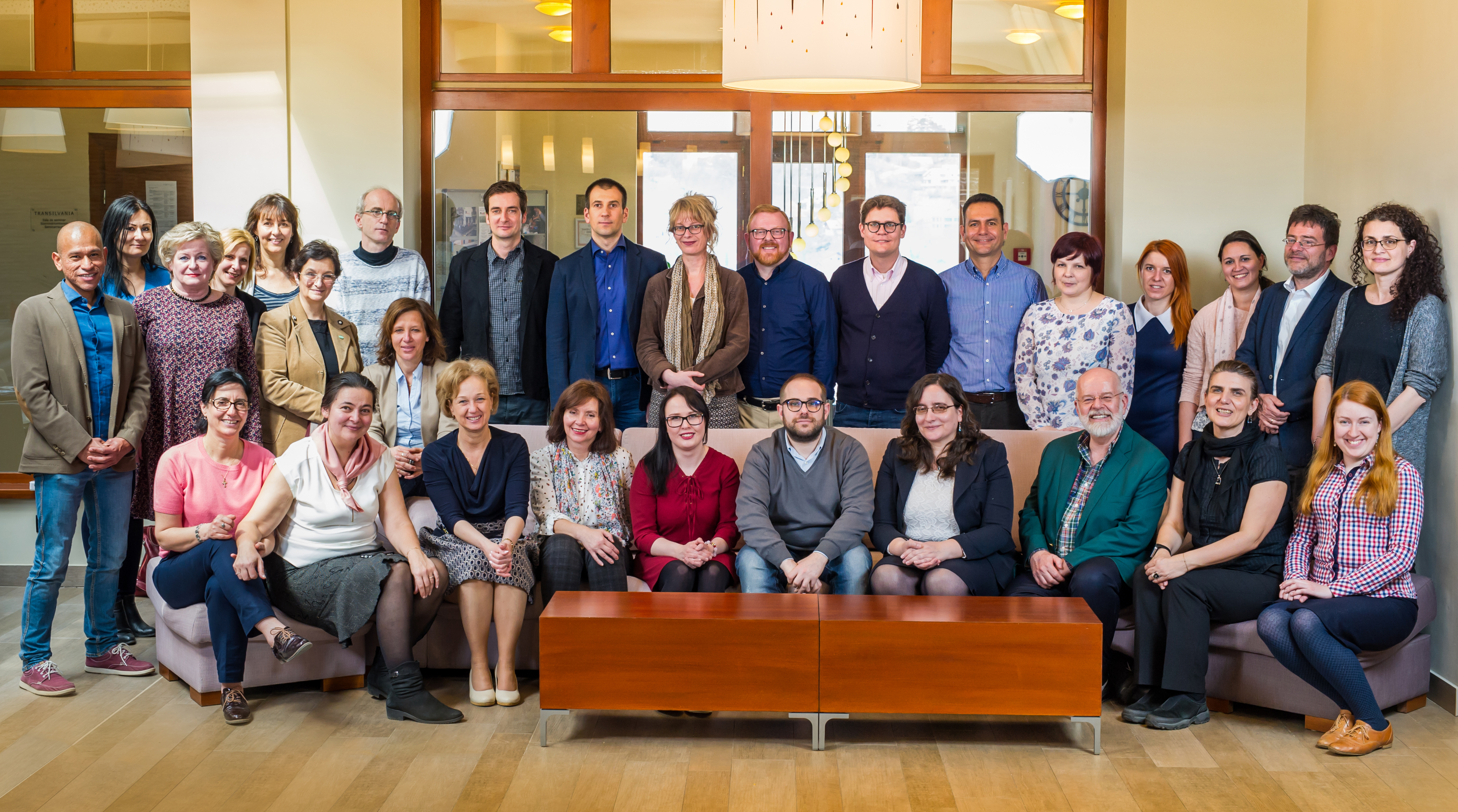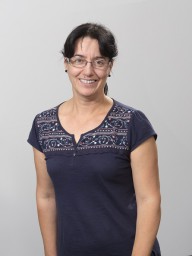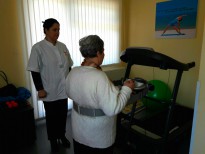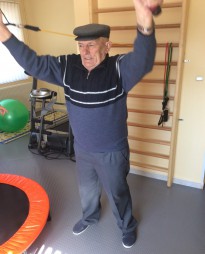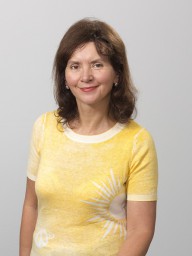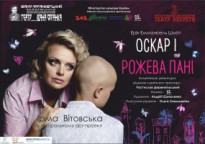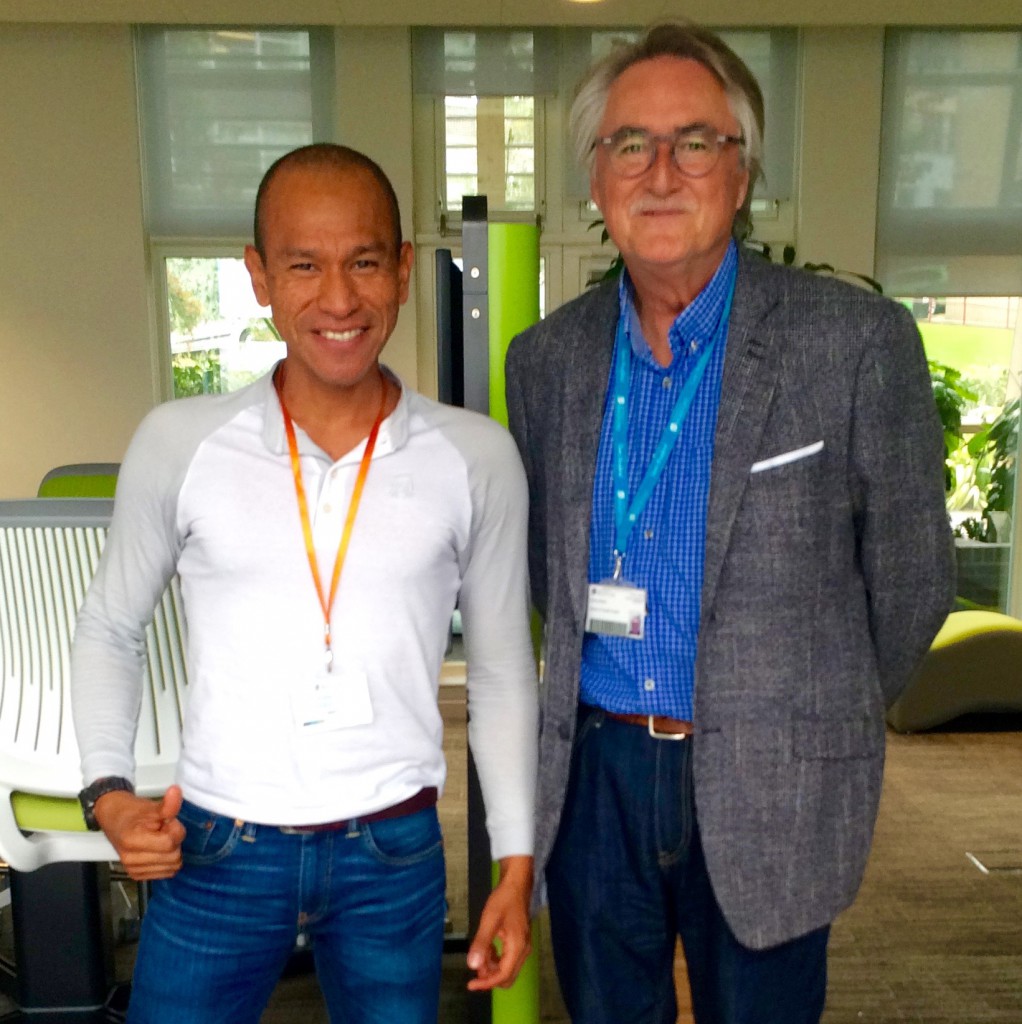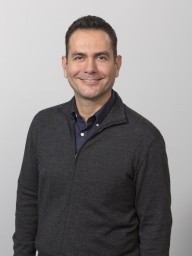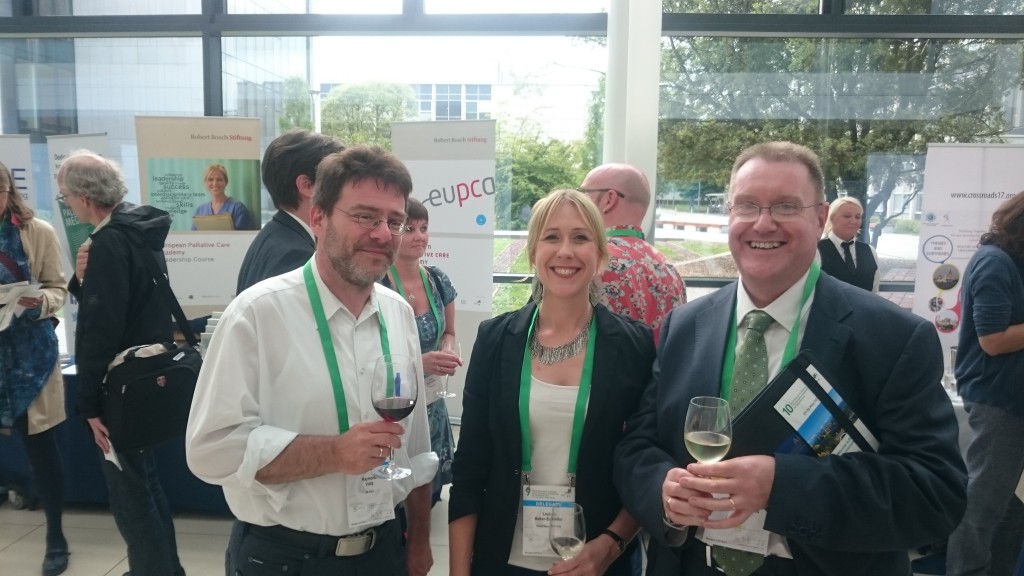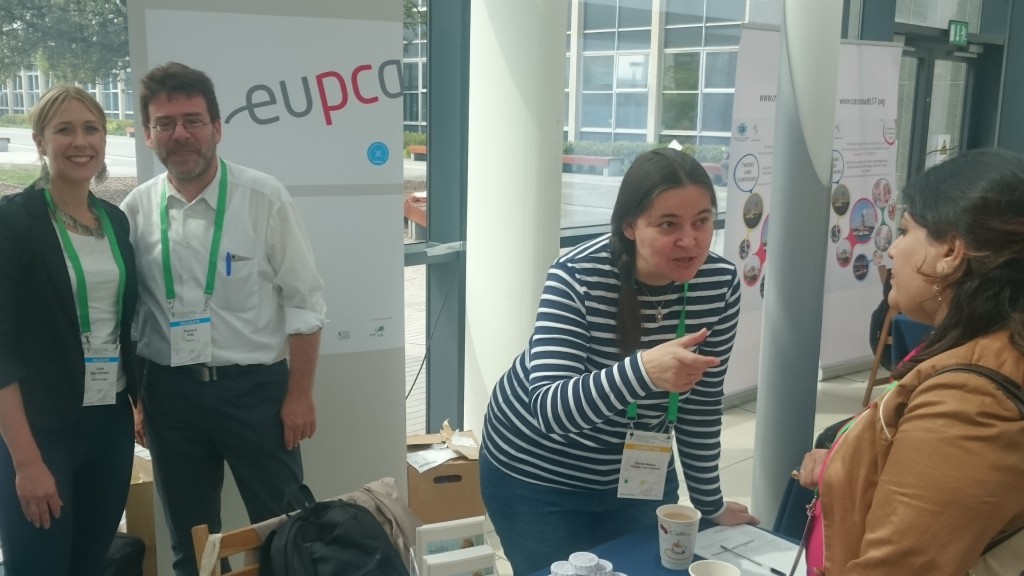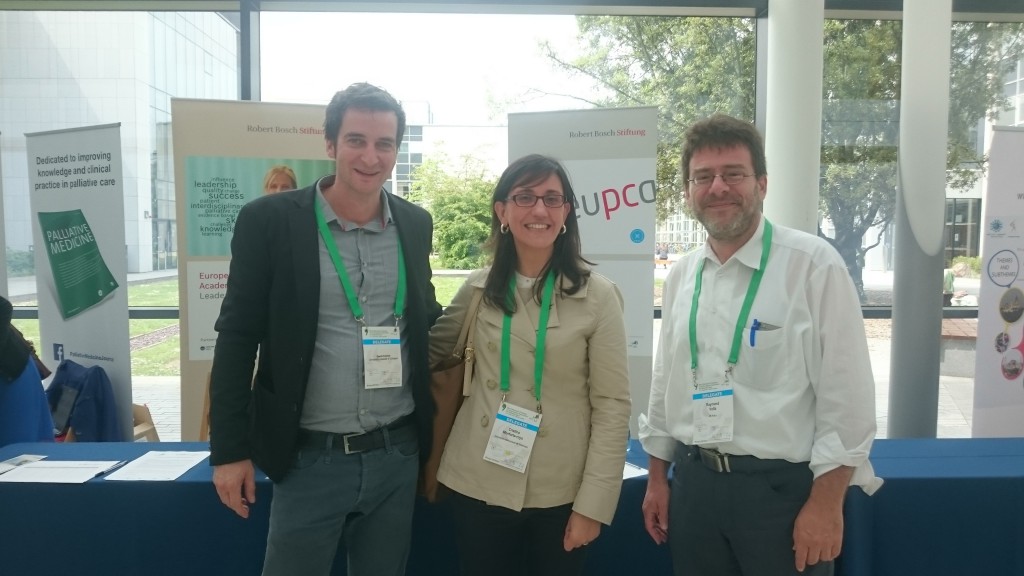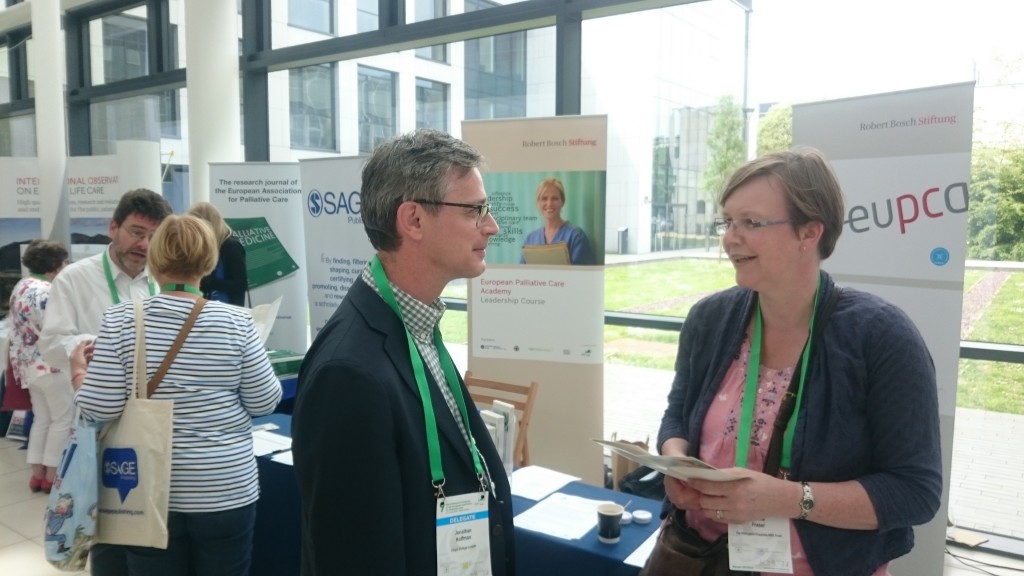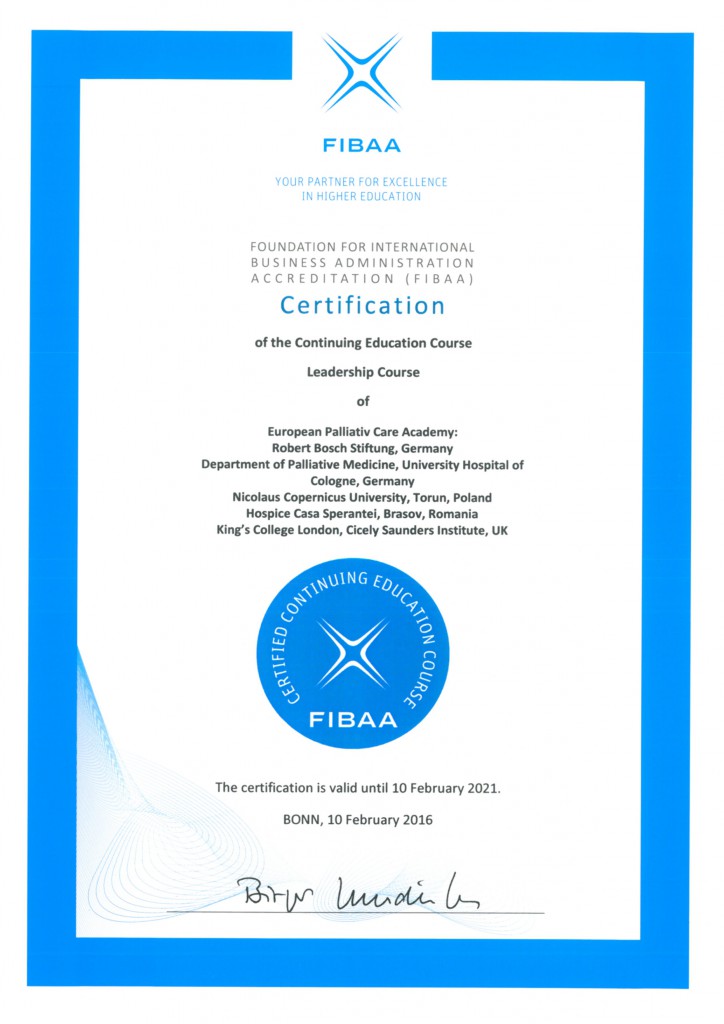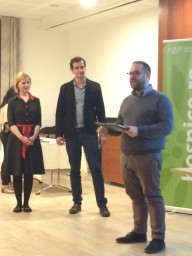 The end of March saw the culmination of the 2015-17 European Palliative Care Academy – Leadership Course in Brasov, Romania. 19 participants from a total of 10 European countries successfully graduated and were awarded at a ceremony on the last day of the course week. Also at the ceremony were Mirela Nemtanu, CEO of Hospice Casa Sperantei and Alina Pascu, vice-dean of the Faculty of Medicine at the University of Transalvania.
The end of March saw the culmination of the 2015-17 European Palliative Care Academy – Leadership Course in Brasov, Romania. 19 participants from a total of 10 European countries successfully graduated and were awarded at a ceremony on the last day of the course week. Also at the ceremony were Mirela Nemtanu, CEO of Hospice Casa Sperantei and Alina Pascu, vice-dean of the Faculty of Medicine at the University of Transalvania.
The week itself, which was held at Hospice Casa Sperantei, dealt with the important topic of advocacy, key to the international development of palliative care. Participants were taught by experts in the areas of advocacy techniques, analysing laws and policies, writing briefing notes and position papers, identifying targets for advocacy and building coalitions among other things. In addition to the work on advocacy, participants also concluded their sessions on personal development and the work on their personal projects, which are both longitudinal elements of the Leadership Course. Moreover, the Local Best Practice module was brought to a close by introducing participants to the 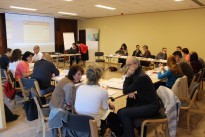 important work done by Hospice Casa Sperantei. Sessions were held by many experts in palliative care including Professor Daniela Mosoiu, EAPC board member and Frank Ferris, board member of the International Association for Hospice & Palliative Care and member of the EUPCA Advisory Board.
important work done by Hospice Casa Sperantei. Sessions were held by many experts in palliative care including Professor Daniela Mosoiu, EAPC board member and Frank Ferris, board member of the International Association for Hospice & Palliative Care and member of the EUPCA Advisory Board.
The week was seen by participants to have been a success and particularly praised were the team’s enthusiasm and energy and the overall organisation of the course week, “Very well organised, skilled and very professional lecturers who made every participant feel involved and very active” (EUPCA Participant, 2015-17). Participants were thankful for the inspiring work they were able to see at Hospice Casa Sperantei, “I found your attitude to working in the hospice, providing so much training and working so hard in advocacy absolutely great and it pushes me to do as much as I can in my country. I want to express to you all my gratitude for this great experience. Thank you to everyone, to the Romanian team and to all EUPCA colleagues” (EUPCA Participant 2015-17).
The whole EUPCA team wises all the best to the graduates of the 2015-17 Leadership Course .
Applications are currently being accepted for the EUPCA – Leadership Course 2017-19. Click here for more information.